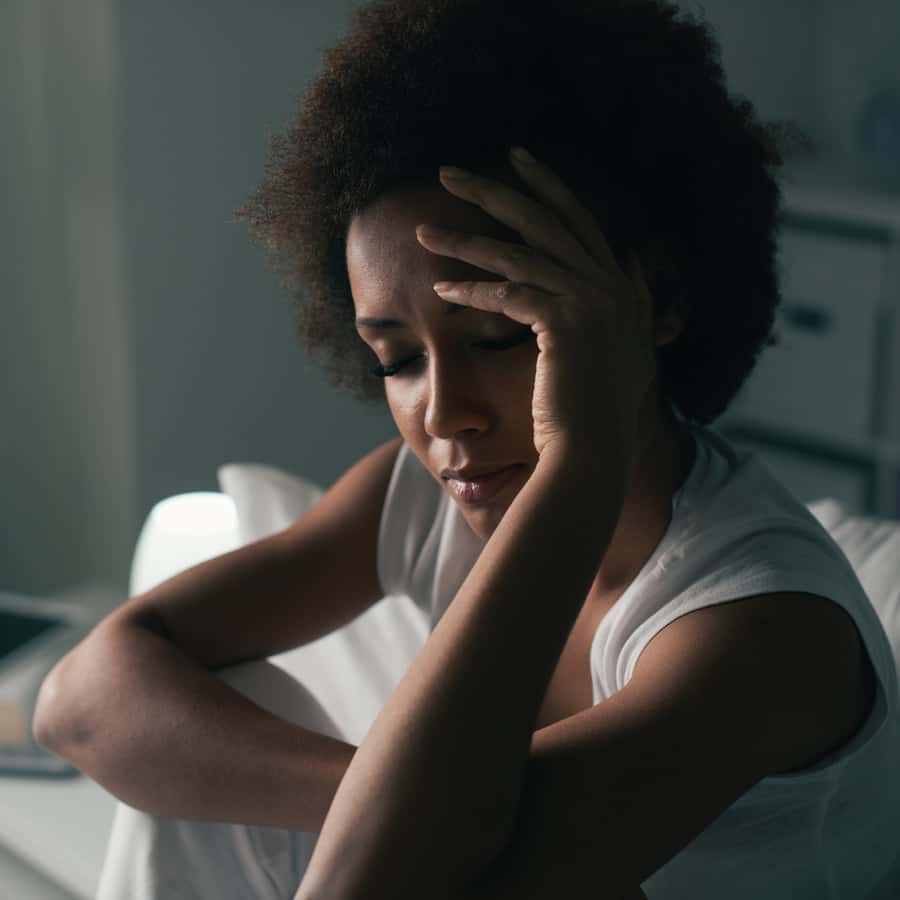
Many individuals who have sleep problems from time to time would rather solve them without resorting to sleeping pills. After all, prescription sleeping pills can be habit-forming. Even OTC sleep aids may have undesirable side effects, especially if a person takes one for an extended period of time. Some readers find that wearing a wrist band with a plastic button positioned over a specific acupressure point can be very helpful.
Acupressure Bands Helped with Sleep Problems:
Q. I read that the bands used for nausea and seasickness could help some people sleep better. I am a very light sleeper and wake several times during the night, so I thought I’d try this idea.
They work very well for me–maybe not 100 percent of the time, but I do get a good night’s sleep most nights. I believe using these bands is easier and better than taking medications. I think I read about these bands in your newspaper column. If so, thank you for the idea.
A. Other people have also found this idea helpful.
Nearly 20 years ago we received this letter from a reader:
“I would like to share an acupressure tip that helps me sleep. Tape a dried kidney bean to the inside of your right wrist. I locate this point between the two tendons by measuring the width of three fingers from the wrist crease.
“This gives me around eight hours of very sound sleep. If I have to get up to go the bathroom I still go right back to sleep. This approach is cheap, safe and better than anything I have used in the past.”
We did some research on acupressure and discovered that it can be a safe and effective strategy for improving sleep. The spot this reader described is known as the “Inner Gate.”
A recent study found that acupressure was easy for people to learn and improved insomnia symptoms better than a sleep hygiene approach (Hong Kong Medical Journal, Feb. 2023).
The authors concluded,
“Self-administered acupressure taught in a short training course is effective to improve sleep and related daytime impairment and mood problems in people with insomnia in short term (up to week 8).”
You can learn more about this and other approaches to overcoming insomnia in our eGuide to Getting a Good Night’s Sleep.
Another Satisfied Reader Loves Acupressure:
Q. Your information on using anti-nausea acupressure bands to help with sleep problems has been a miracle! I used to wake up at 4:30 or 5 am and not be able to go back to sleep. As a result, I’d struggle with only five or six hours of sleep when I need at least seven. (I stopped using OTC sleeping pills when I read about their possible links to dementia.)
Since I read your column, I’ve used a band on BOTH arms and have had the best sleep I’ve had in years! If I wake up, I go right back to sleep.
My question: is there any reason not to use two–one on each arm? Also, is there any problem using these bands long term?
No More Sleep Problems with Acupressure Arm Bands:
A. We can think of no reason why using acupressure wristbands on both arms would cause problems long term. Pregnant women often use products such as Sea-Bands or Psi Bands all day long to overcome morning sickness. You wear them only overnight, when you wish to sleep.
Ear Acupressure Eases Insomnia:
Some studies of acupressure to help people sleep have relied on an acupressure point on the ear (Sleep Medicine Reviews, Feb. 2018). This meta-analysis of 13 randomized controlled trials found that people fell asleep more quickly and slept longer if they applied pressure to the Shenmen point on the ear. Shenmen is also the name applied to the HT-7 point on the wrist described above. Some Taiwanese researchers recommend using several acupressure points for the most effective management of insomnia (Evidence-Based Complementary and Alternative Medicine, Sep. 29, 2021).
Citations
- Yeung WF et al, "Self-administered acupressure for insomnia: abridged secondary publication." Hong Kong Medical Journal, Feb. 2023.
- Lin C-H et al, "An association rule analysis of the acupressure effect on sleep ouality." Evidence-Based Complementary and Alternative Medicine, Sep. 29, 2021. DOI: 10.1155/2021/1399258

